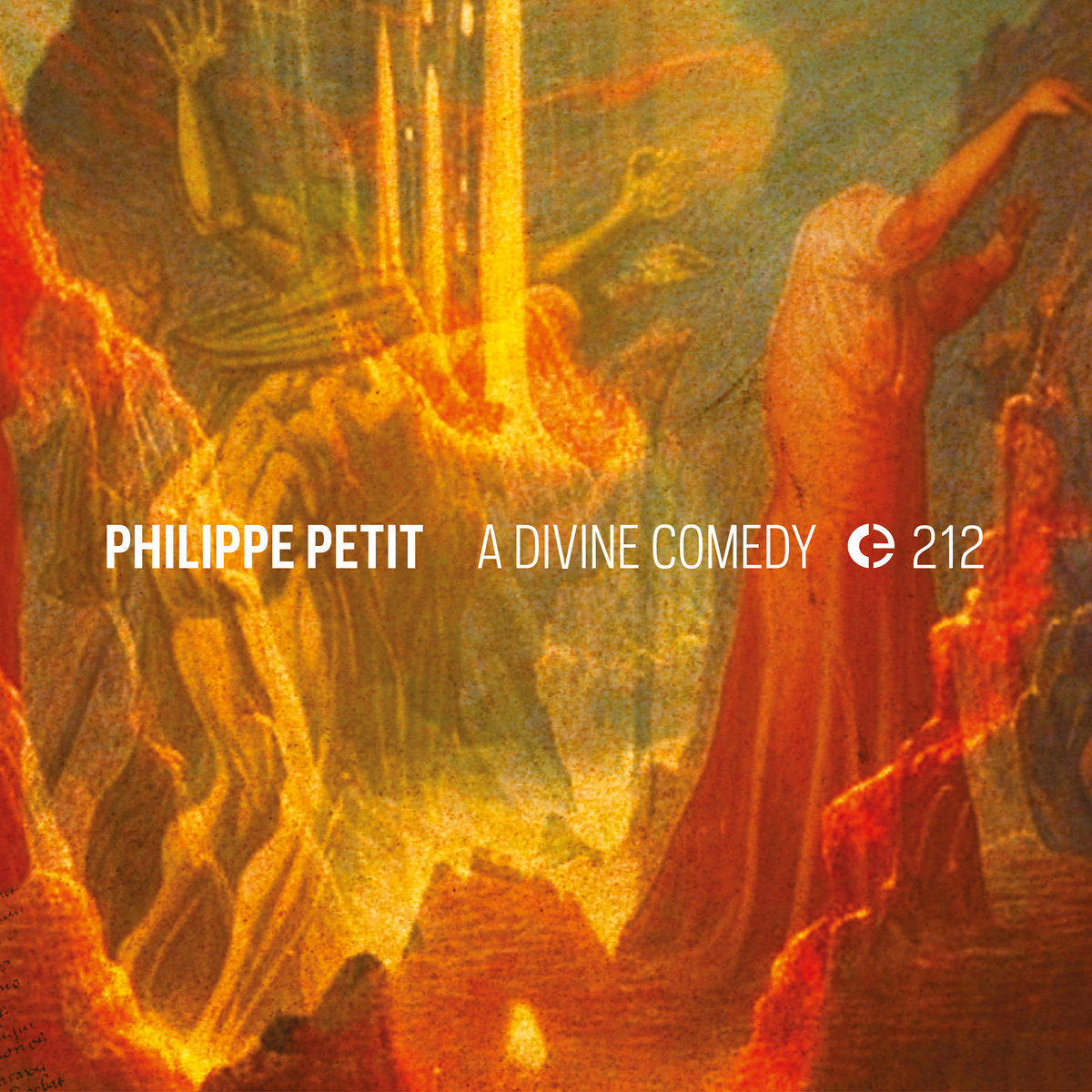Crónica bringen Mitte Februar eine neue CD von Philippe Petit heraus, auf der der Klangkünstler – inspiriert von Dante Alighieris La Divina Comedia und den Illustrationen von Gustave Doré – “eine symphonische Palette musikalischer Pigmente, bildnerischer Töne und Texturen, die das epische Narrativ mit einer expressionistischen musikalischen Form versöhnen”, wie es beim Label heißt. Petitis Absicht war nicht, den Klassiker neu und im Medium der Musik neu zu illustrieren, sondern eine neue Geschichte einer Parallelwelt zu erzählen, in der die farbenfrohen musikalischen Motive selbst einen Plot enfalten, den die Hörer wie einen Film oder Roman erleben können.
“My desire was not to stick to the text but to take Dante Alighieri’s immense poem as a point of inspiration, the form of which consists of envisaging Expressionism as the projection of a subjectivity that tends to deform its reality in order to inspire an emotional reaction in the spectator-listener. Bernard Parmegiani and François Bayle worked for more than twenty years in a multifaceted version intended to be a soundtrack, whereas I followed the idea of Franz Liszt, who, in order to put it into a symphony, based his inspiration on the journey. While composing, I looked at the illustrated edition by Gustave Doré and imagined musical pigments, pictorial tones or textures forming a new symphonic “palette” trying to reconcile visionary epic narration and sound musical forms, in themselves non-significant. My aim was not to be illustrative but to be in motion! Representations are often based on distressing visions, distorting and stylizing reality in order to privilege a great expressive intensity. The question at the centre of all, is linked to what one feels while listening. Paying attention to what you perceive at the moment you hear the work, following the road up to the right and down to the left, from one circle to the next, from one Bolge* to the next, how you will be carried by the music. We cannot determine what or how the sound is made, and this magic is not disconnected from the pleasure of listening. You have to think in terms of magic, you know that there is a trick but it doesn’t matter how it is done, if the illusion becomes visible the magic delusion is no longer interesting, the illusion works if the composer-magician and his audience want to play along. All that we hear never corresponds to the reality of the sound, it is a question of aural trickery, it is earlusionnism! ” (Philippe Petit)
